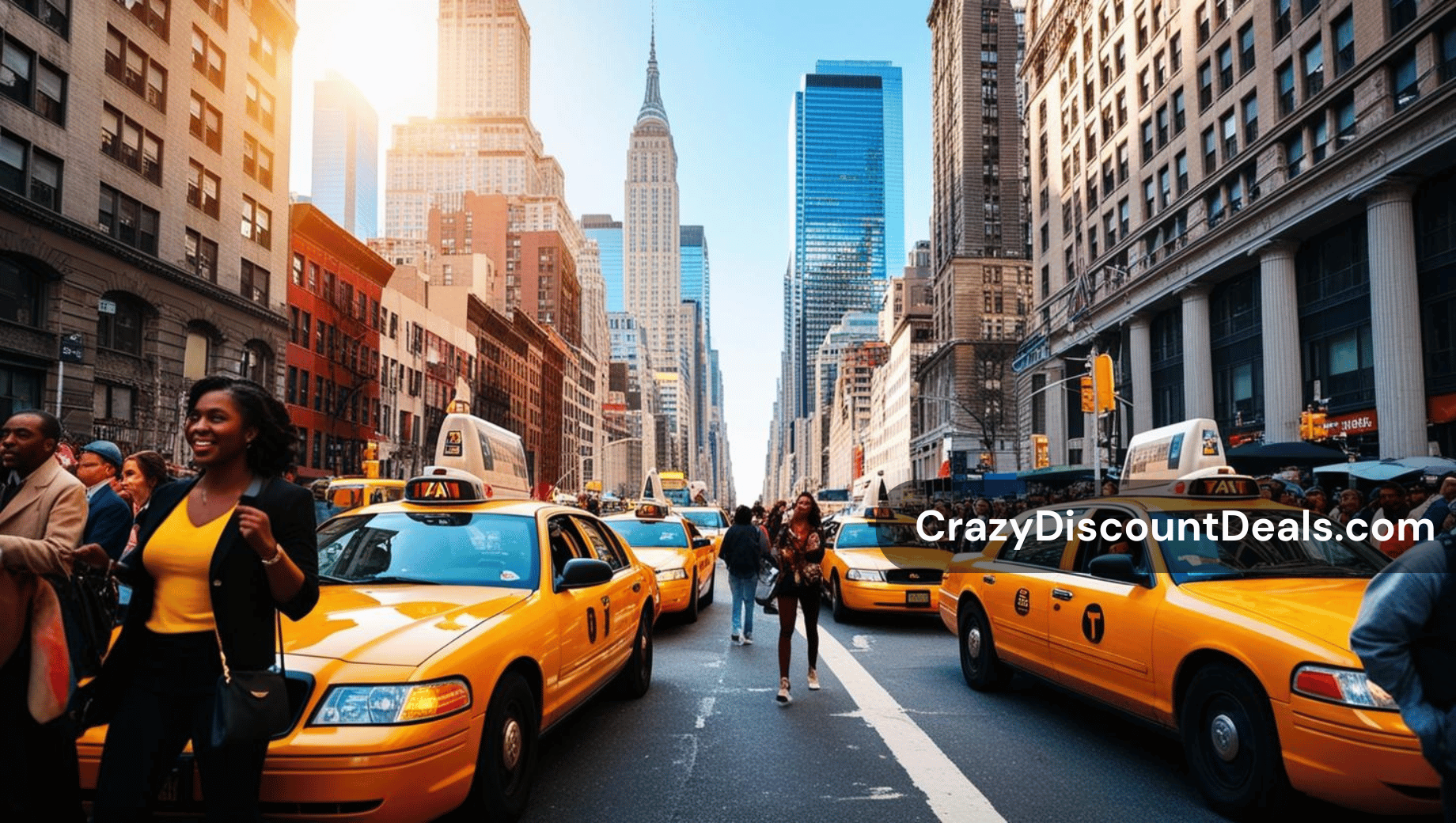How Technology is Changing the Way We Explore the World

AI-Powered Travel: How Technology is Changing the Way We Explore the World
The Future of Travel is Here—And It’s Powered by AI
Technology has always shaped the way we travel, from the invention of airplanes to the rise of online bookings. But today, artificial intelligence (AI) is revolutionizing the industry like never before. Whether it’s personalized travel recommendations, seamless booking systems, or AI-driven virtual guides, this tech is making travel easier, smarter, and more efficient.
If you’ve ever used Google Flights to find the cheapest tickets, let an AI chatbot plan your itinerary, or received real-time language translations on your phone while abroad, you’ve already experienced the power of AI in travel. But this is just the beginning. Let’s dive into how AI is reshaping travel and what it means for the future of exploration.
1. AI-Driven Travel Recommendations: Your Personal Trip Planner
Gone are the days of spending hours scrolling through travel blogs and forums to plan a trip. AI-powered travel recommendation engines, like Kayak, Hopper, and TripIt, analyze your preferences, past trips, and real-time data to suggest the best flights, hotels, and activities tailored just for you.
How it works:
- AI scans vast amounts of data, including weather forecasts, peak seasons, and pricing trends, to suggest the optimal time to book.
- Platforms like Google Travel use machine learning to predict price fluctuations and notify travelers when to book.
- AI assistants like Roam Around can create customized itineraries based on your budget, travel style, and interests within seconds.
🚀 Real-World Impact: Instead of blindly booking a trip, AI helps travelers make data-driven decisions, saving time and money while ensuring a more enjoyable experience.
2. AI-Powered Booking Systems: Faster, Smarter, and More Reliable
Booking flights, hotels, and experiences is no longer a hassle, thanks to AI-powered platforms that streamline the entire process.
What AI is doing:
- Dynamic pricing algorithms adjust hotel and flight prices in real-time based on demand, past user behavior, and competitor pricing.
- Chatbots like Expedia’s Virtual Agent assist travelers by answering FAQs, modifying reservations, and even providing travel advisories.
- Voice assistants like Amazon Alexa and Google Assistant help users book flights or check hotel availability with simple voice commands.
🔍 Key Benefit: AI eliminates the guesswork by ensuring travelers get the best deals with real-time price predictions and automated alerts.
3. Virtual AI Travel Guides: The Ultimate On-the-Go Assistant
Exploring a new city has never been easier, thanks to AI-powered virtual travel guides that provide instant recommendations, navigation help, and even historical insights in real time.
AI-powered tools include:
- Google Lens: Instantly identifies landmarks, restaurants, and attractions just by pointing your phone’s camera.
- Voice AI translators like Google Translate and iTranslate: Provide real-time speech and text translation to break down language barriers.
- Augmented reality (AR) navigation: Apps like Google Maps Live View overlay digital directions onto real-world streets to help travelers navigate unfamiliar places with ease.
📍 Why It Matters: AI-powered guides turn smartphones into personalized tour guides, offering immersive and insightful travel experiences without the need for human assistance.
4. AI in Airport Security & Customer Service: Smoother Travel Experiences
From facial recognition at security checkpoints to AI-driven customer support, airports and airlines are increasingly leveraging AI to enhance the travel experience.
✈️ AI-powered innovations include:
- Biometric check-ins and facial recognition at major airports like Singapore Changi and London Heathrow, reducing long security lines.
- AI chatbots deployed by airlines such as Emirates and Delta to handle customer queries, rebook flights, and provide instant updates on delays.
- AI-driven baggage tracking systems that use RFID technology to prevent lost luggage.
🛂 Impact: AI is reducing wait times, improving security, and making customer interactions more efficient than ever before.
5. Smart Hotels: AI Enhancing Guest Experiences
Hotels are no longer just about comfortable beds and room service. AI is making accommodations smarter, more personalized, and incredibly efficient.
🏨 AI-driven hotel features:
- AI-powered room controls (like Hilton’s “Connected Room”) let guests control lighting, temperature, and entertainment with voice commands.
- Robot concierges (like YOTEL’s “YOBOT”) assist with check-ins and luggage storage.
- AI-driven chatbots answer guest inquiries 24/7, eliminating the need to call the front desk.
🌟 Why It’s Exciting: AI in hotels is creating a more seamless, luxurious, and efficient hospitality experience.
6. AI & Sustainable Travel: Reducing Our Carbon Footprint
With the growing emphasis on eco-friendly travel, AI is playing a crucial role in reducing the environmental impact of tourism.
🌍 How AI is promoting sustainability:
- AI helps airlines optimize flight routes to reduce fuel consumption and emissions.
- Smart booking platforms prioritize eco-certified hotels and transportation options.
- AI-powered apps, like Glooby, analyze flights for their CO2 emissions and recommend the most eco-friendly options.
🌱 Big Picture: AI is making sustainable travel choices easier and more accessible for conscious travelers.
What’s Next for AI in Travel?
The AI revolution in travel is just getting started. In the coming years, we can expect:
- Hyper-personalized travel experiences, where AI knows your preferences better than you do.
- More AI-powered sustainability efforts, making eco-friendly travel a global norm.
- Fully autonomous AI-driven customer service, reducing human interaction while improving efficiency.
🚀 AI isn’t replacing human exploration—it’s enhancing the way we experience the world. Whether you’re a frequent traveler or an occasional vacationer, AI is making travel more accessible, affordable, and enjoyable than ever before.








